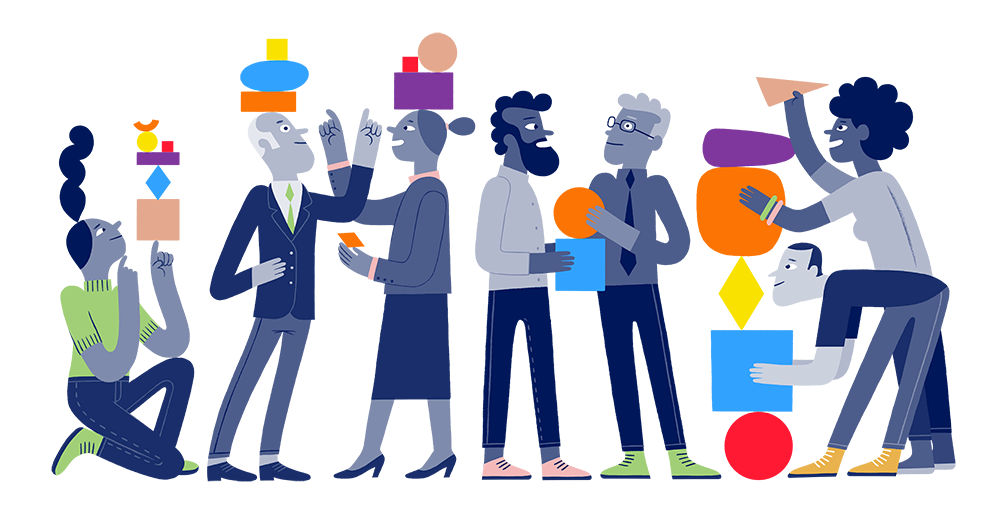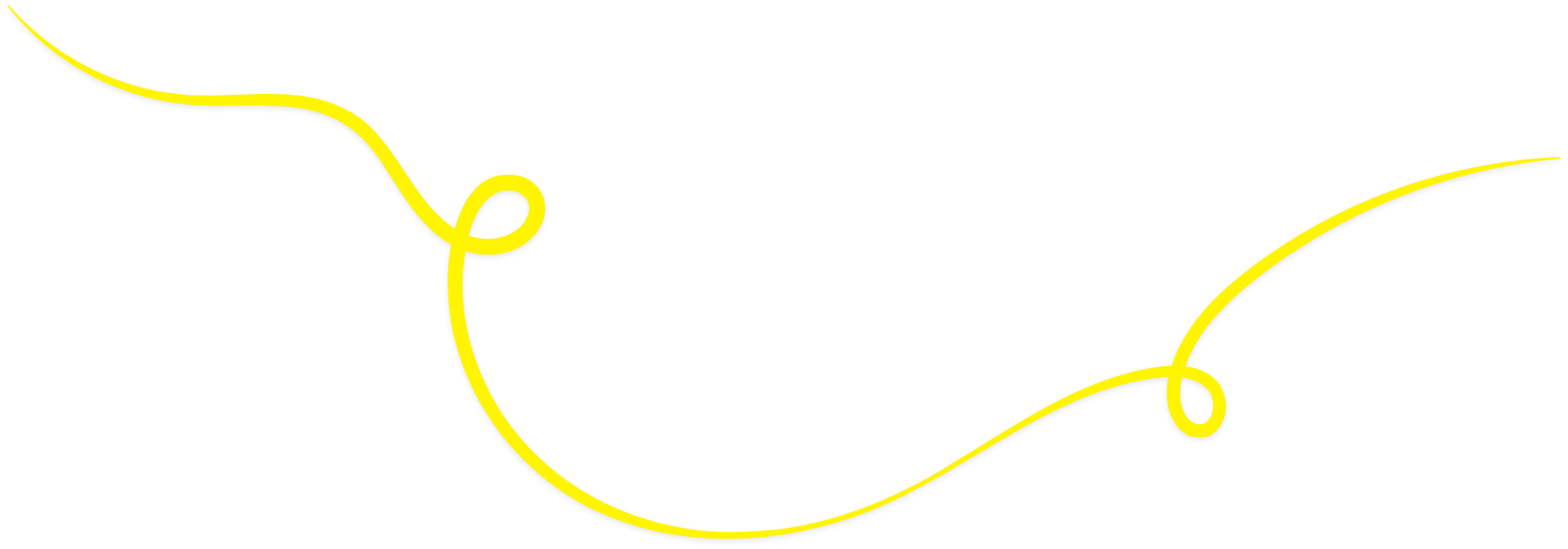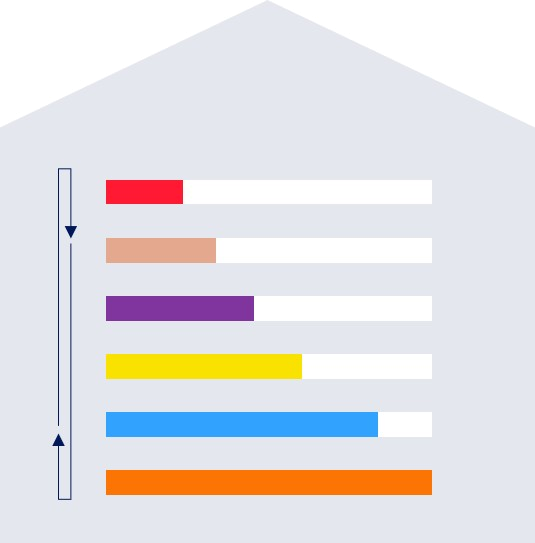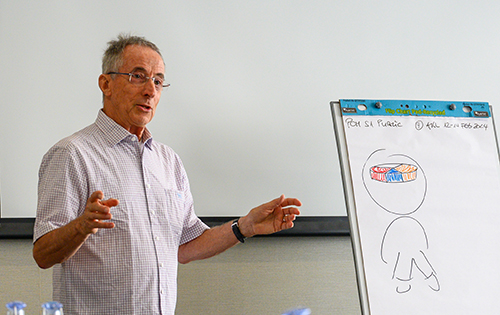The art of adaptive communication
Grounded in over 50 years of research


One giant leap for mankind
Internationally-recognised psychiatrist Dr Taibi Kahler developed the core of PCM back in 1972 as a clinical model for therapists. His groundbreaking empirical research led to Dr Kahler receiving the 1977 Eric Berne Memorial Scientific Award for the most important scientific discovery (the ‘Miniscript’) of the year in his field of psychology.
NASA’s Lead Psychiatrist for Manned Space Flight Dr Terry MacGuire became aware of Dr Kahler’s work, and invited him to sit in on astronaut selection interviews in 1978. Dr MacGuire stated that Kahler’s ‘process’ approach revealed as much about a candidate in 10 minutes as a ‘content’ interview of several hours.
As news of Dr Kahler’s work spread, a number of CEOs saw value in the concepts and asked that they be translated into management teams.
And so, the Process Communication Model was refined for universal use in 1981. Since then, over 1.6 million people have learned PCM across 58 countries and many well-known companies including Pixar, Microsoft, Ikea, SIEMENS, and Coca-Cola.

How does PCM work?
A skillset with a profound impact, now and into the future
PCM is unique in that it adapts to evolving personalities. It’s not a snapshot of a point in time, but rather a roadmap that shows where you’ve been, where you might be going, and how best to navigate that path.
Although there’s a profile, that’s not the main part of PCM. The clue is the name: Process Communication Model. Any interaction between people is primarily a ‘process’. By learning how to look at the process of communication, you’ll never have to rely on a profile again.
PCM offers a transformative journey. It’s not just about ‘what’ you are, but ‘why’ and ‘how’ you connect, making PCM invaluable for personal and professional growth.
Proven outcomes at work and home
PCM correlates with 200-300% higher learning transfer than the industry average.
Between 65% and 72% report better understanding of behaviour of self and that the PCM skills play a significant role in accepting other people in their diversity.


